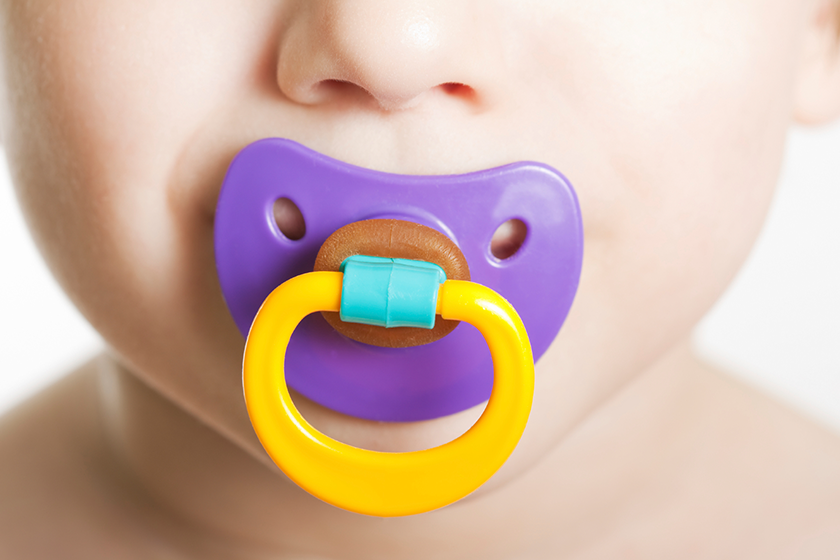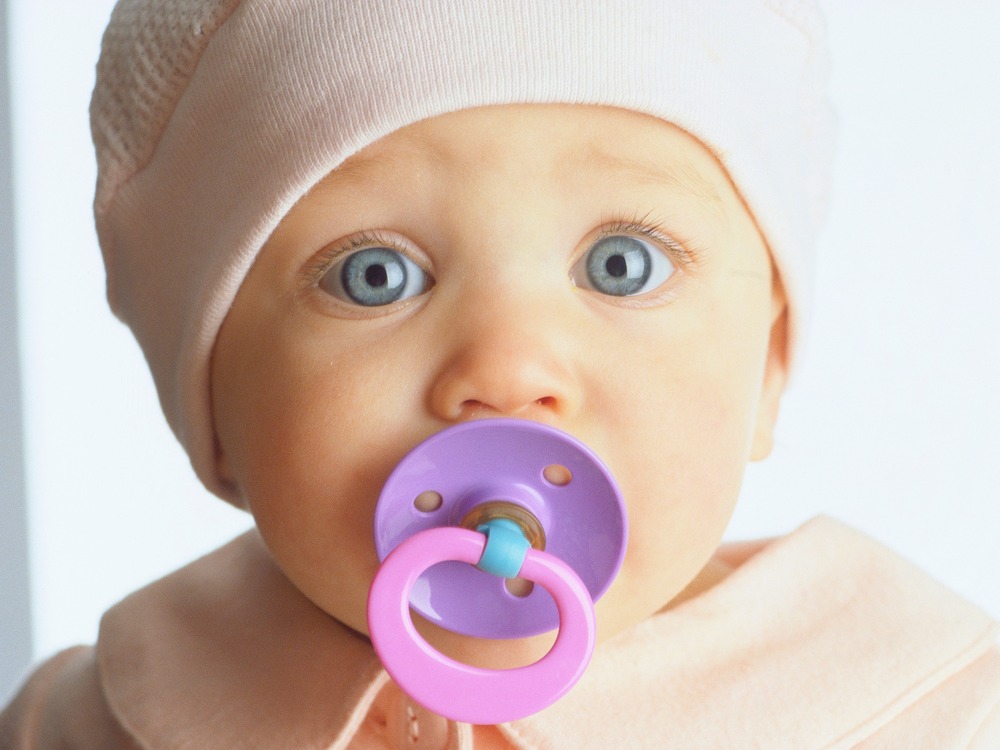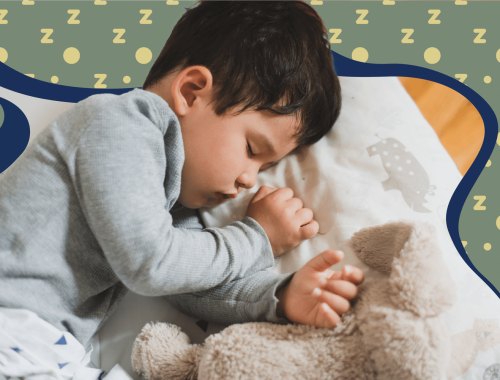
5 Tips To Wean Your Baby off the Pacifier
Your child will have to say goodbye to his or her pacifier someday. Will you throw it away all at once, or devise a farewell ritual together? Here are some tips to help them through the stopping process and maintain that teatless sleep.
Why Does Your Child Have to Stop Using the Pacifier?
For infants, dummies are godsent. Babies are born with a sucking reflex and initially have a great desire to suck. This is because the baby gets the nutrition it needs to grow, thanks to the sucking reflex. The baby may also want to suck something in between feedings. In this case, a pacifier can be given. In addition, although not scientifically proven, a pacifier can reduce the risk of cot death. Pacifiers can also provide comfort to small children suffering from colic and other problems.
At a certain point, the baby no longer needs the pacifier. After six months of age, the need for suction diminishes, and usually disappears when the baby is about one year old. The baby will also have learned to find comfort in other ways, such as holding a stuffed animal. Even if the child no longer needs the pacifier, he or she may still want it out of habit. However, it is best to break this habit, because the longer a child uses it, the more harm than good it will do.
Consequences of Not Stopping The Use of Pacifiers
Pacifier use interferes with the development of the tongue muscles and negatively affects language development. Weak tongue muscles make it difficult to pronounce certain sounds such as l, n, d, t, s, and z. In addition, prolonged use of a pacifier can weaken the muscles in the mouth and cause the mouth to stay open. Because he also breathes through his mouth, colds and inflammations are more likely to occur. His hearing becomes poor, which also affects his speech. He is often unable to understand much. In short, the pacifier can have a significant impact on language development.
Suction can also create a gap between the upper and lower teeth, also known as an open bite. As a result, the teeth do not close properly, and the tongue is pushed between the lower and upper teeth, resulting in a different way of swallowing. There is also the possibility of an overbite (upper teeth protruding). In the worst-case scenario, the teeth will overgrow, and the patient must go to an orthodontist for braces.
Tips to Help Free Your Child From the Pacifier
1) Don’t Wait for Too Long
The longer you wait, the more attached your child will become to the pacifier. After a baby is six months old, the need to suck decreases significantly. Therefore, try to stop the use of pacifiers before your child’s first birthday.
2) Reduce Gradually
Of course, you do not have to stop immediately if your child finds it too intense. Gradually reduce the “weaning time” by giving pacifiers only at certain times, such as bedtime. If the child puts his thumb in his mouth soon after he stops using the pacifier, it may be too soon.
3) Distract the Child’s Attention
If your child wants the pacifier, try to distract him with a fun game or book. This will make them seek comfort and forget about it more often.

4) Explain
When they are a little older, explain that it is better for their teeth and mouth if the pacifier is gone. Without the pacifier, they will grow strong tiger teeth!
5) Make it Fun
Give them the pacifier and tell them to let the “pacifier fairy” take it to the new baby. After a night’s sleep, all the pacifiers will be gone, but the fairy will leave you a gift. If your child asks you to do it again in a few days, tell them that other children have it and that it helps them sleep well.
You May Also Like

Prayer Lessons: Teaching Kids to Pray (Part 2)
2022-04-06
Empowering Childhood: The Benefits of Flexible Permanent Care Bookings for Kids
2024-01-13
